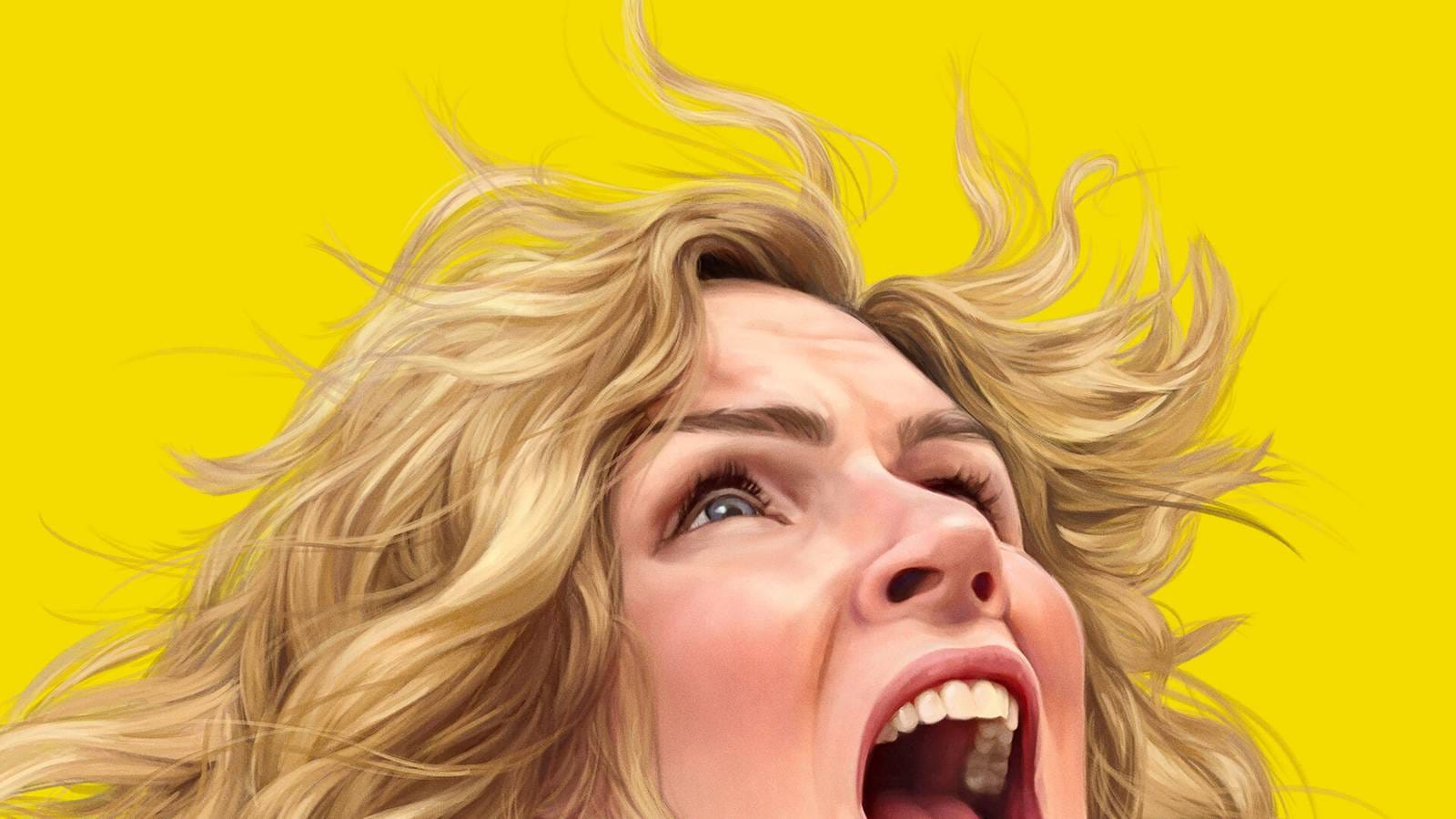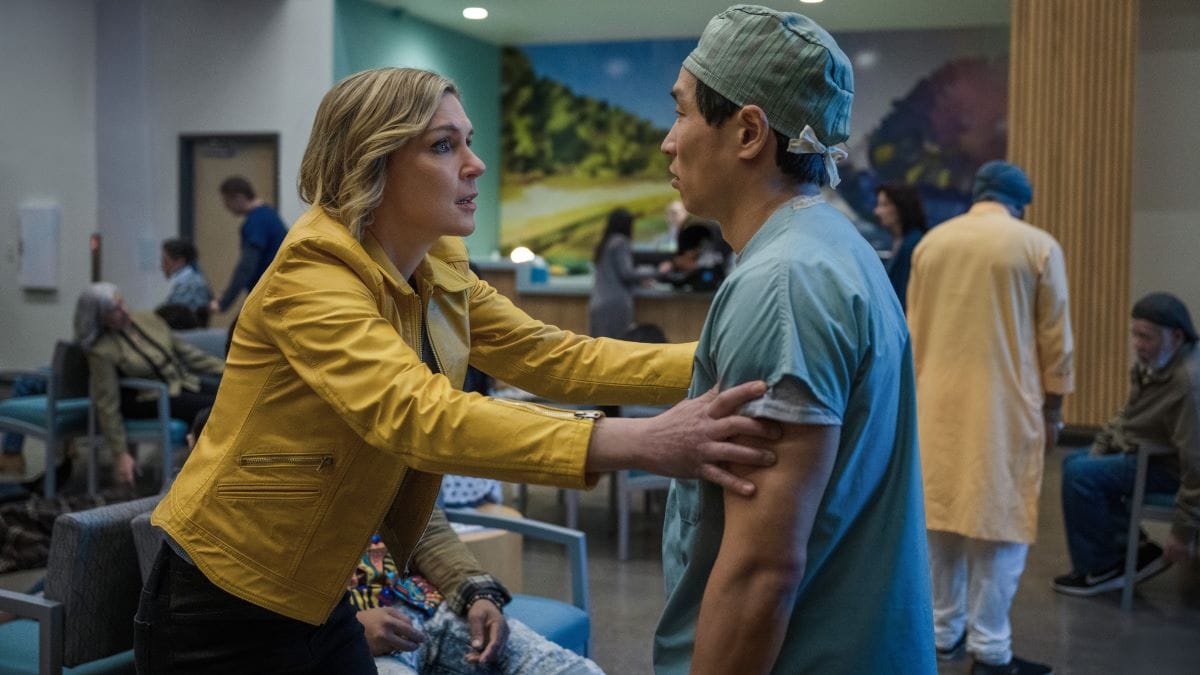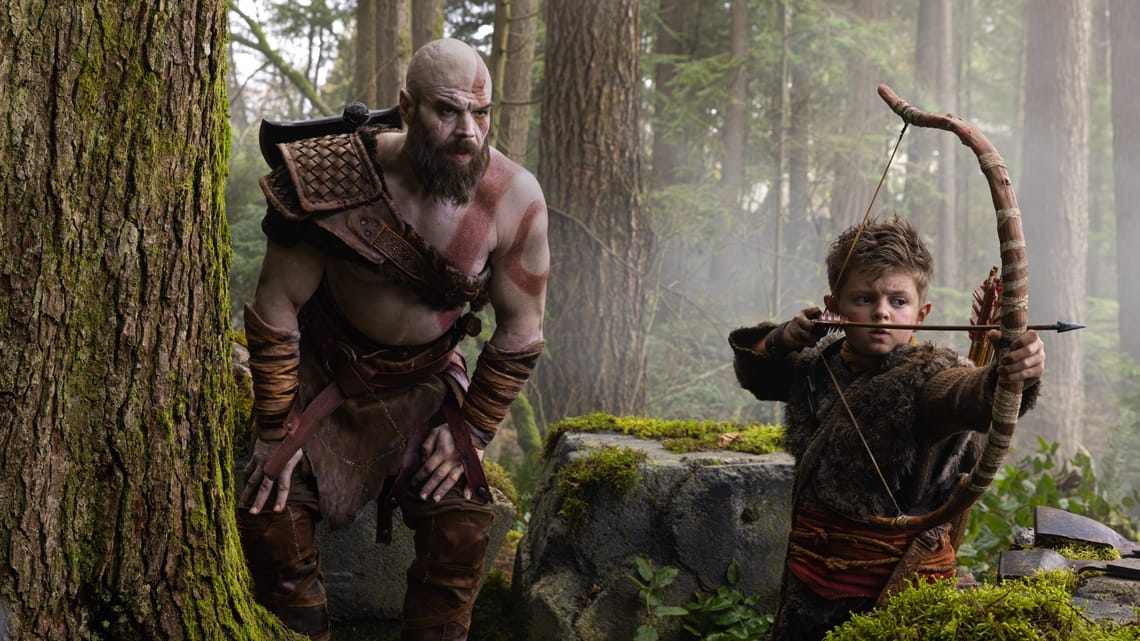Pluribus Review: Vince Gilligan Trades Crime for Collective Consciousness
Apple TV+ scores another high-concept win as Gilligan re-teams with Rhea Seehorn to explore what happens when “happiness” goes viral

Apple TV+ has carved a niche for itself with thoughtful science fiction that looks polished but also asks big questions. From Severance to Silo, its best shows make you uncomfortable in the quiet moments. Pluribus fits right in.
Created by Vince Gilligan and starring Rhea Seehorn, it trades drug empires and moral corrosion for something stranger: a world where everyone is suddenly happy, and that happiness might be the most terrifying thing of all.
As a lifelong fan of Gilligan’s storytelling, I went in expecting tension, moral grey areas, and sharp character work. What I didn’t expect was how unsettling serenity could feel.
Episodes 1 and 2
The first episode kicks off in a place so picturesque it starts to feel suspicious. The smiles hang a little too neatly. The background noise has the steady rhythm of rehearsals. It’s a world that seems fine, until you realise “fine” is actually the problem. Seehorn plays Carol with this mix of bafflement and simmering anger, and her distress is the entry point into the weirdness that Pluribus creates.
She’s already proved in Better Call Saul that she can say more with a glance than most actors can with a monologue, and she anchors the show completely. Her performance isn’t showy; it’s brittle, restrained, and just a little sad.
Apple’s trademark visual polish gives her plenty of space to breathe. We see sterile lighting, symmetrical rooms, and colour palettes that look pleasant but feel suffocating. It’s a beautiful show about how beauty can become oppressive when it’s forced on everyone.
By the second episode, the story widens a little. We meet a few others who, like Seehorn’s character, haven’t joined the wave of unnatural contentment. The pace slows down, but that’s deliberate. The tension now comes from watching people navigate a world that rewards conformity. Gilligan’s direction is top-notch; he uses lingering shots and natural sound as though the world is under audio surveillance.

That direction ties into what’s easily the best part of Pluribus: its tone. Gilligan isn’t trying to thrill you. He wants to make you think and squirm a little. The writing has his trademark precision, but it also feels looser, more experimental.
There are moments that border on dark comedy with awkwardly polite exchanges or background scenes that feel too staged. You’re not sure if you’re supposed to chuckle at some of these exchanges, but that balance between discomfort and humour is what makes the show feel alive.
Two episodes in, I’m cautiously impressed. Pluribus feels like an experiment that could either bloom into something profound or drift into abstraction. Right now, it leans toward the former.
The combination of Gilligan’s deliberate storytelling and Apple’s polished world-building makes for an intriguing match. It’s not the show to throw on casually, but it’s one worth watching closely.
What I liked & what I’m watching out for
Liked:
- Seehorn is stellar. She layers anxiety, guilt, exhaustion and defiance so cleanly it makes the weirdness around her feel grounded.
- The tone and direction. Gilligan is using his filmmaker’s eye to build discomfort without big bangs - silent choreography, symmetrical framing, odd angles.
- The concept. A hive-mind of happy humans rather than a violent one? That switch feels fresh. And Gilligan seems interested in exploring what the loss of individuality costs.
Questions/things to keep an eye on:
- Will the pace pick up in a way that rewards all these slow-build moments?
- Some supporting characters haven’t landed yet. Carol is compelling; the others are still puzzle pieces.
- The premise's tension is strong, but will the narrative stick the landing, or will it remain more mood than story?
Subscribe to our newsletter to get the latest updates and news













Member discussion